10 Popular TV Shows That Dragged On Way Past Their Creative Peak

We’ve all been there—watching our favorite TV shows slowly lose their magic as seasons pile up. What once captivated us weekly gradually becomes a shadow of its former self. Networks often keep successful shows running long after the creative well has run dry, prioritizing ratings over quality storytelling. Here’s a look at 10 beloved series that should have taken their final bow much earlier than they did.
1. The Office
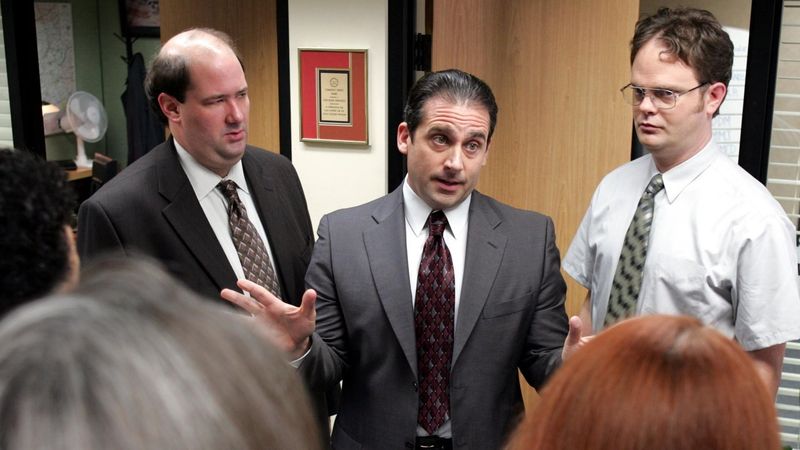
Remember when Dunder Mifflin felt like a real place with people you genuinely cared about? The mockumentary masterpiece that revolutionized American comedy television became something entirely different after Season 7.
Michael Scott’s departure (when Steve Carell left) created a void no replacement manager could fill. Characters became caricatures of themselves, with once-subtle personality quirks exaggerated to painful extremes. Storylines grew increasingly absurd and disconnected from the show’s grounded beginnings.
Even Jim and Pam, once the emotional heart of the series, found themselves in manufactured drama that felt foreign to their established relationship. The final seasons occasionally delivered laughs, but lacked the perfect blend of cringe, heart and humor that defined its golden era.
2. Dexter

The first four seasons of Dexter delivered one of television’s most compelling character studies. Our favorite blood spatter analyst/vigilante serial killer captivated audiences with his complex moral code and inner struggles.
Then came Season 5. The writing quality took a nosedive faster than one of Dexter’s victims sinking into the Atlantic. The show abandoned psychological depth for increasingly implausible scenarios. Plot holes widened, character motivations became inconsistent, and the once-tight storytelling unraveled.
By the infamous lumberjack finale, even die-hard fans struggled to defend what had once been appointment television. The show’s original premise—a serial killer who only kills other killers—became buried under convoluted storylines and missed opportunities.
3. Family Guy
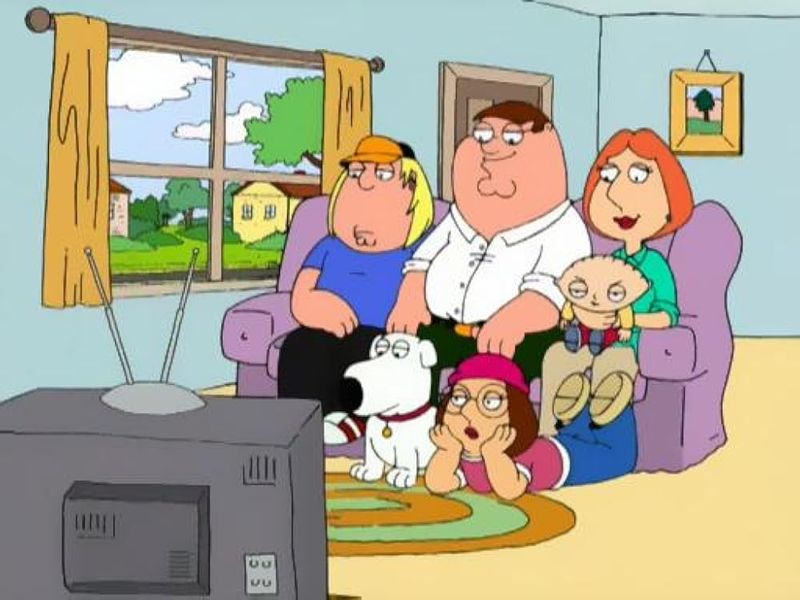
Family Guy burst onto screens with a revolutionary approach to animated comedy—rapid-fire cutaway gags, pop culture references, and humor that pushed boundaries. The early seasons balanced shock value with surprisingly heartfelt moments between the dysfunctional Griffin family.
Around Season 7, the creative fatigue became apparent. Even creator Seth MacFarlane acknowledged the show probably should have wrapped up around this point. Characters grew one-dimensional, with Peter becoming increasingly stupid and Stewie losing the evil genius qualities that made him unique.
The cutaway gags, once fresh and unexpected, turned into predictable formulas. References replaced actual jokes, and shock value substituted for genuine humor. The show still occasionally lands a laugh, but the inspiration behind those early seasons is long gone.
4. The Walking Dead
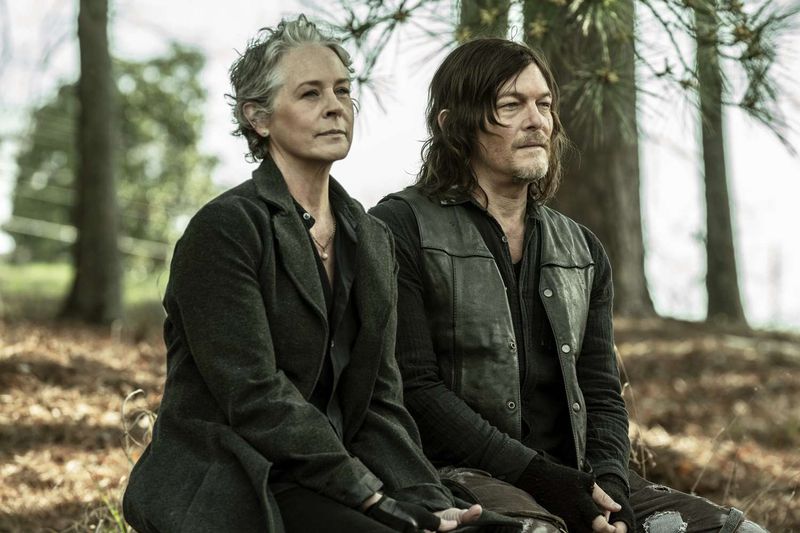
Few shows started with as much promise and cultural impact as The Walking Dead. The first few seasons delivered raw human drama against a zombie apocalypse backdrop, creating characters we truly cared about and situations that felt genuinely high-stakes.
Somewhere around Season 6, the show lost its way in a forest of repetitive storylines. The formula became predictable: find sanctuary, meet new threat, lose sanctuary, repeat. Major character deaths, once shocking and meaningful, began feeling like ratings stunts rather than organic storytelling choices.
Cast departures (particularly Andrew Lincoln’s Rick Grimes) left gaping holes no new characters could adequately fill. While the show occasionally recaptured flashes of its early brilliance, most viewers agreed the series had become a shuffling corpse of its former self.
5. M*A*S*H
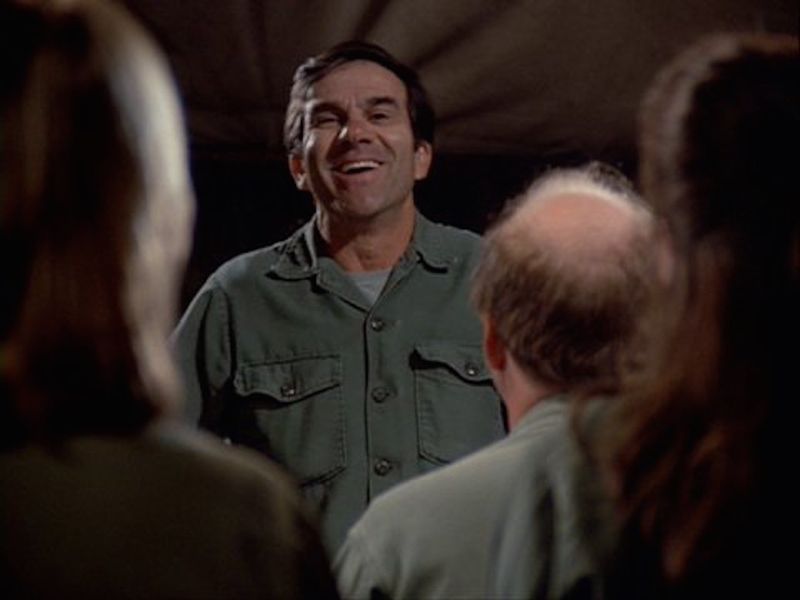
M*A*S*H began as a darkly comedic take on the Korean War, balancing humor with poignant commentary on the absurdity and tragedy of armed conflict. The early seasons masterfully walked this tightrope, creating television that was both entertaining and thought-provoking.
As the show stretched into its 11th season—longer than the actual Korean War it depicted—fatigue became evident. The departure of original cast members (particularly McLean Stevenson’s Henry Blake and Wayne Rogers’ Trapper John) altered the show’s chemistry in ways that never quite recaptured the original magic.
The tone shifted dramatically toward the serious, losing much of the sardonic wit that made early seasons special. While the series finale remains one of television’s most-watched events, most fans agree the show’s creative peak had long since passed.
6. Grey’s Anatomy’s
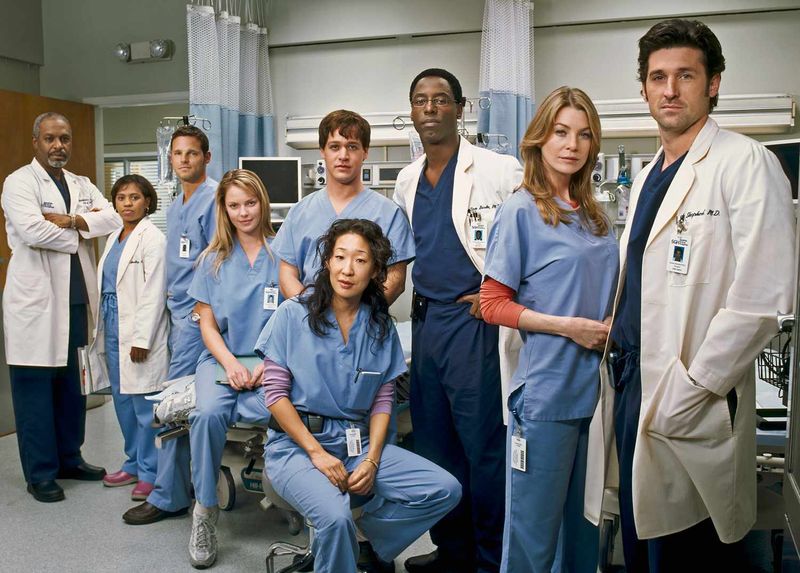
In its early seasons, Grey’s Anatomy turned Seattle Grace Hospital into more than a backdrop—it became the heartbeat of a series known for intense surgeries, messy relationships, and moments that shaped 2000s TV.
After Season 8, the departures of crucial characters created wounds not even fictional surgeons could heal. Original cast members like Cristina Yang (Sandra Oh) and Derek Shepherd (Patrick Dempsey) left gaping holes in the narrative fabric. The show responded with increasingly outlandish disasters and medical emergencies.
Character development gave way to shock value, with plane crashes, shootings, and explosions replacing the nuanced storytelling of earlier seasons. While Ellen Pompeo’s Meredith Grey provides continuity, the rotating cast and recycled storylines make the show feel like it’s on life support.
7. The Simpsons
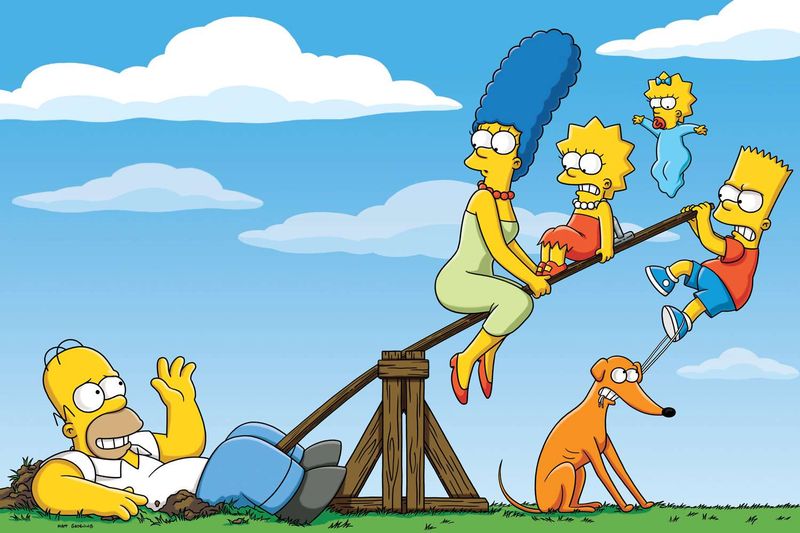
The yellow family from Springfield once represented the pinnacle of animated satire, clever writing, and cultural relevance. Early seasons of The Simpsons offered biting commentary on American life wrapped in genuinely hilarious packaging.
Around Season 10, the decline became noticeable. Episodes shifted from character-driven stories with emotional cores to increasingly wacky premises and celebrity guest appearances. The show that once predicted real-world events now struggled to keep pace with them.
Homer transformed from a lovable oaf to cartoonishly stupid, while Bart lost the mischievous edge that made him compelling. Now in its 36th season, the show continues producing episodes that younger viewers may enjoy, but longtime fans can’t help feeling they’re watching a hollow imitation of what was once television’s most brilliant comedy.
8. Supernatural
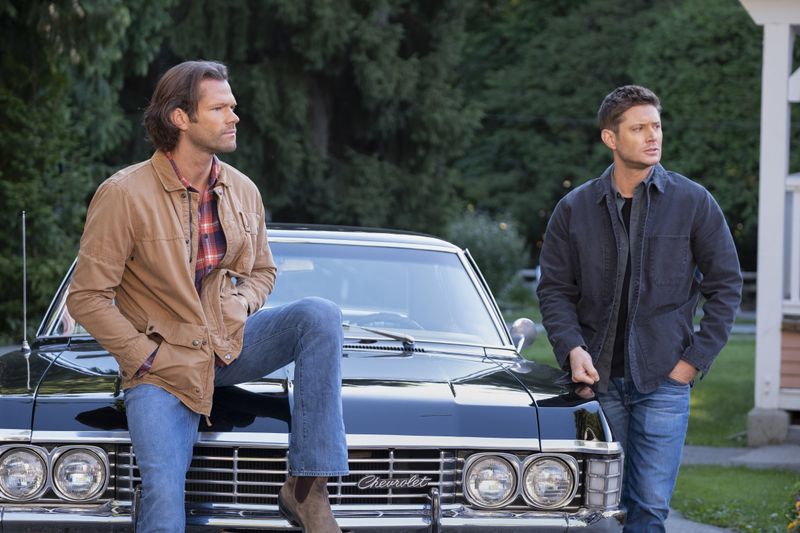
Sam and Dean Winchester’s monster-hunting road trip began as a tight five-season arc about family, sacrifice, and literal demons. Creator Eric Kripke crafted a complete story with a beginning, middle, and end—then handed the keys to his creation to other showrunners when he departed after Season 5.
What followed was ten more seasons of increasingly convoluted mythology. Angels, demons, God, and The Darkness played musical chairs as the season’s big bad, while the emotional stakes diminished with each “world-ending” threat. Death became meaningless as characters routinely returned from the grave.
The Winchester brothers’ character development stagnated, with the same arguments and reconciliations repeated in slightly different contexts. Though the chemistry between Jared Padalecki and Jensen Ackles remained strong to the end, the story had nowhere new to go.
9. Scrubs
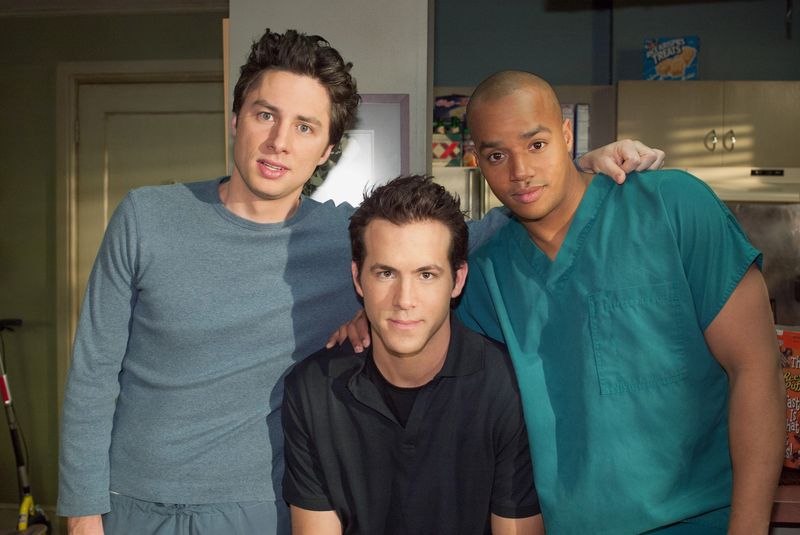
Sacred Heart wasn’t just a fictional hospital—it was the beating heart of Scrubs, a show that balanced laugh-out-loud comedy with surprisingly deep emotional moments. Across eight seasons, it delivered both wild antics and authentic glimpses into hospital life.
Season 8 delivered a perfect finale, with JD walking down a hallway seeing visions of his future—a beautiful, satisfying conclusion to his journey. Then came Season 9, rebranded as “Scrubs: Med School” but still technically the same show.
This unnecessary revival shifted focus to new medical students with the original cast reduced to cameo appearances. The magic chemistry was gone, the humor felt forced, and even the production looked cheaper. Most fans pretend this season never happened, and creator Bill Lawrence himself considers Season 8 the true finale.
10. Buffy the Vampire Slayer
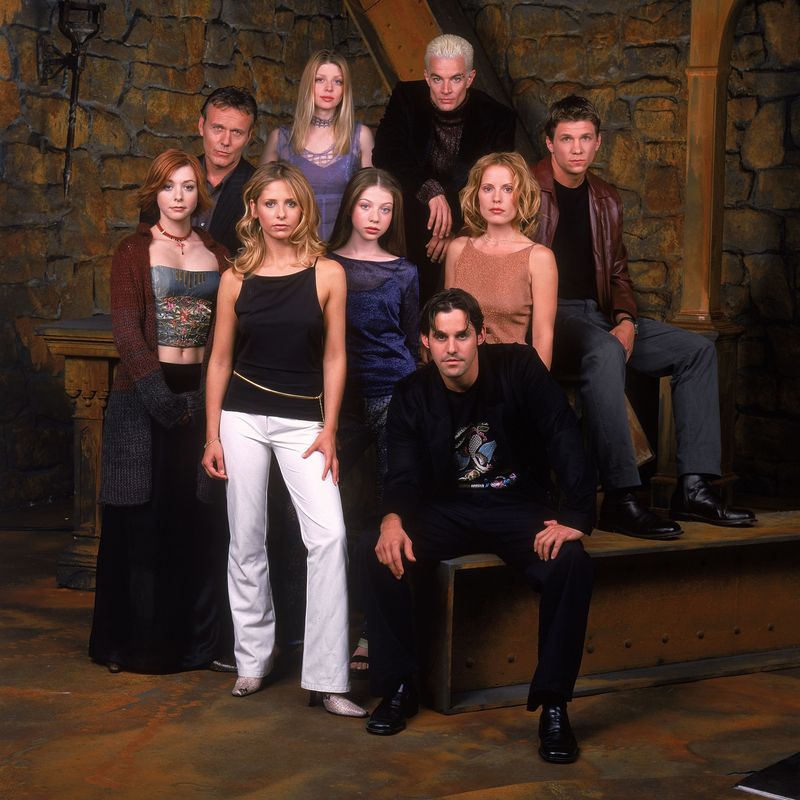
When Joss Whedon introduced us to a petite blonde who subverted horror tropes by being the monster’s worst nightmare, television changed forever. Early seasons of Buffy balanced supernatural metaphors for teenage problems with sharp dialogue and compelling character arcs.
The show’s move from The WB to UPN coincided with a noticeable decline. Seasons 6 and 7 took darker turns that often felt at odds with the show’s established tone. Beloved characters made decisions that contradicted years of development, while new additions failed to capture the magic of the original Scooby Gang.
The final season’s “potential slayers” storyline diluted focus from core characters we’d followed for years. Even Sarah Michelle Gellar seemed tired of the role by the end. Though the series finale provided some closure, most fans agree Buffy should have staked its claim to TV immortality much earlier.

Comments
Loading…